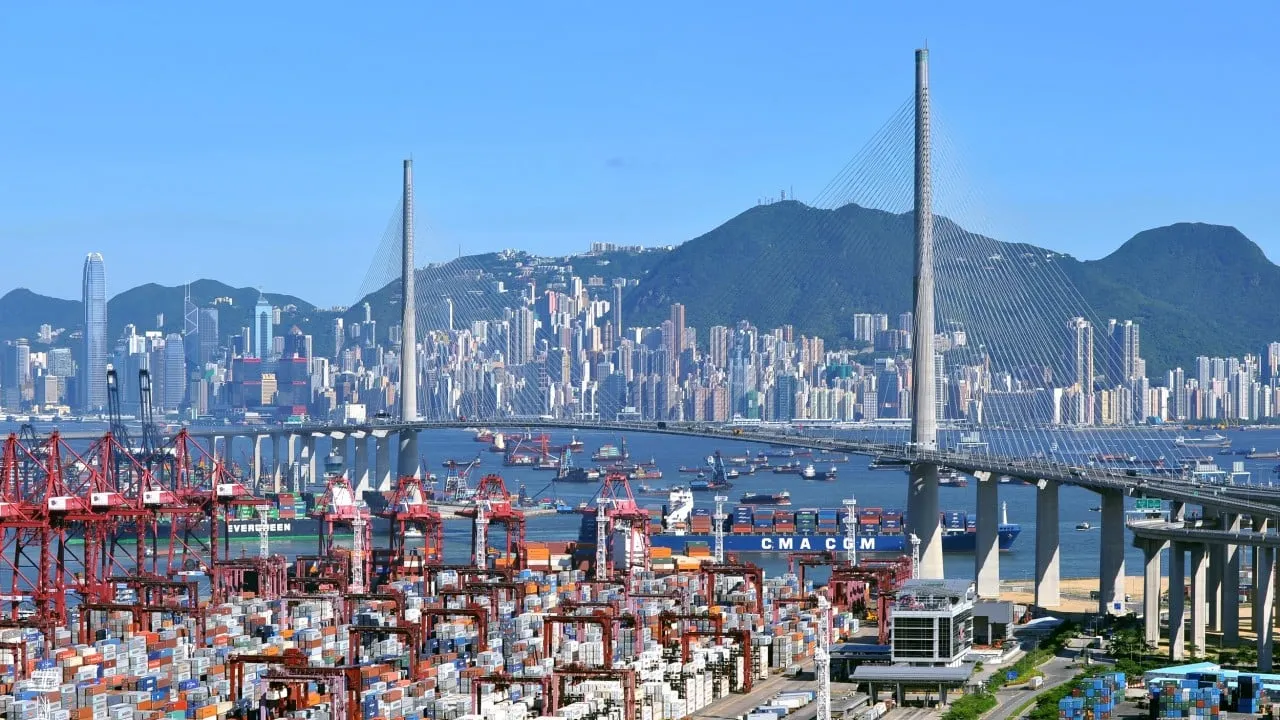Sustainable Shipping: Hong Kong's Best Practices in the Face of Global Emission Targets

Sustainable Shipping Initiatives in Hong Kong
As part of the global shipping community, Hong Kong shipowners are subject to worldwide greenhouse gas (GHG) reduction targets set by the International Maritime Organization (IMO). These targets seek a 40% reduction in the carbon intensity of international shipping by 2030, with a goal of at least 5% uptake of zero or near-zero GHG emission fuels by the same year.
Technological Innovations and Practices
Regionally, the European Union (EU) has introduced instruments to encourage low or zero-emission fuels, including the EU Emissions Trading System (EU ETS). The shift towards alternative green fuels has already begun, with 29 ships capable of running on methanol and 228 vessels on order as of February 2024. Commonly used biofuel blends help Hong Kong shipowners comply with the IMO's GHG reduction strategies.
- Modification of propulsion devices
- Installation of air lubrication systems
- Adoption of wind assistance technologies
- Use of advanced hull coatings
These innovations aim to reduce GHG emissions effectively, with the potential for compounded benefits when multiple measures are employed simultaneously.
Insights from Major Ship Management Companies
Hong Kong’s Anglo-Eastern Group, recognized as the world's largest ship manager, exemplifies the actions taken by shipowners to meet IMO targets for emissions reduction. The uptake of energy-saving devices (ESDs) has increased, including Propellor Boss Cap Fins and Variable Frequency Drives (VFDs), which are crucial for improving fleet efficiency.
Pacific Basin, another Hong Kong-headquartered firm, focuses on ESG practices as much as its commercial successes. Their use of low-friction coatings and strategic power routing has resulted in significant fuel savings.
The Path Ahead for Hong Kong's Shipping Sector
As seen in the evolving strategies of companies like Wah Kwong, whose initiatives include exploring Carbon Capture and Storage (CCS) technologies, the industry is pressed toward substantial GHG reduction. With promising technical advancements and financial support from Hong Kong's strong economic infrastructure, the region is poised to lead in sustainable shipping practices.
This article was prepared using information from open sources in accordance with the principles of Ethical Policy. The editorial team is not responsible for absolute accuracy, as it relies on data from the sources referenced.